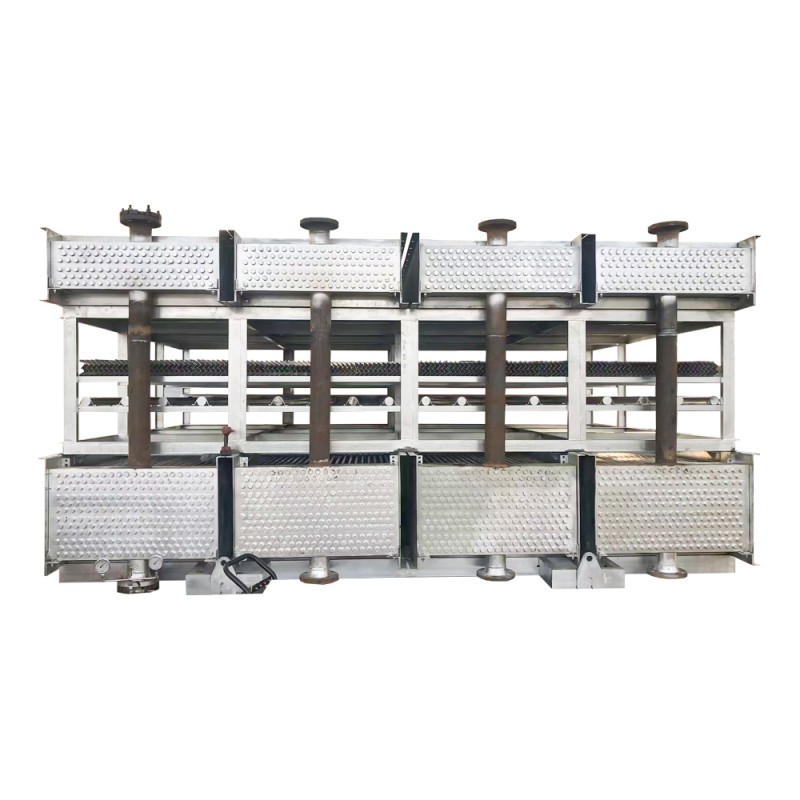Choosing the right precision cooling AC unit can significantly impact your operation's efficiency and longevity. This comprehensive guide explores key factors to consider when selecting a best precision cooling AC, helping you find the perfect solution for your specific requirements.
Understanding Precision Cooling AC Units
What is Precision Cooling?
Unlike standard air conditioners, precision cooling AC units are designed to maintain extremely tight temperature and humidity tolerances. This is critical for environments where sensitive equipment, such as servers, medical devices, or manufacturing processes, require stable climate control to function optimally. Fluctuations in temperature or humidity can lead to equipment malfunction, data loss, or reduced product quality. Therefore, investing in a reliable best precision cooling AC is crucial.
Key Features of Precision Cooling AC Units
High-quality precision cooling AC units typically incorporate features like:
- Tight temperature and humidity control: Maintaining consistent conditions within a narrow range.
- Redundant components: Backup systems to ensure continuous operation even in case of component failure.
- Advanced monitoring and control systems: Providing real-time data and alerts for proactive maintenance.
- Efficient cooling technologies: Minimizing energy consumption while delivering optimal performance.
- Quiet operation: Reducing noise pollution in sensitive environments.
Factors to Consider When Choosing a Precision Cooling AC
Cooling Capacity (BTU/hr)
The cooling capacity, measured in British Thermal Units per hour (BTU/hr), needs to match the heat load of the space being cooled. Underestimating this can lead to inefficient cooling, while overestimating can result in wasted energy and unnecessary expenses. Accurately calculating this is crucial for selecting the best precision cooling AC for your needs.
Temperature and Humidity Control
Precision cooling units offer varying degrees of temperature and humidity control. Consider the specific requirements of your equipment or process to determine the necessary precision level. Some units allow for very fine adjustments, essential for highly sensitive applications.
Redundancy and Reliability
Downtime can be costly. Look for units with redundant components, such as dual compressors or backup power supplies, to ensure continuous operation. High reliability is paramount in applications where uninterrupted cooling is critical.
Energy Efficiency
Energy efficiency is a key concern for both operational costs and environmental responsibility. Look for units with high Energy Efficiency Ratio (EER) or Seasonal Energy Efficiency Ratio (SEER) ratings. These ratings indicate how efficiently the unit converts energy into cooling.
Types of Precision Cooling AC Units
Computer Room Air Conditioners (CRACs)
CRAC units are commonly used for data centers and server rooms. They are designed for large spaces and often incorporate features like hot aisle/cold aisle containment for enhanced efficiency.
Computer Room Air Handlers (CRAHs)
CRAHs are similar to CRACs but often offer more flexibility in terms of configuration and control. They are suitable for a wider range of applications beyond data centers.
Chillers
Chillers provide chilled water to air handling units, offering centralized cooling for large buildings or multiple rooms. They're often used for very large facilities or applications requiring extremely precise temperature control.
Choosing the Right Precision Cooling AC: A Comparison
| Feature | CRAC | CRAH | Chiller |
| Cooling Capacity | High | Moderate to High | Very High |
| Cost | Moderate | Moderate | High |
| Maintenance | Moderate | Moderate | High |
| Efficiency | Good | Good | Excellent (with proper design and operation) |
Finding the Best Precision Cooling AC for Your Needs
Selecting the best precision cooling AC requires careful consideration of your specific needs and budget. Consulting with a qualified HVAC professional is highly recommended to assess your requirements and ensure the chosen system meets your exact specifications. For high-quality precision cooling solutions, consider exploring options from leading manufacturers. Remember, selecting the right unit not only protects your sensitive equipment but also contributes to long-term cost savings and operational efficiency.
For more information on precision cooling solutions, visit Shanghai SHENGLIN M&E Technology Co.,Ltd to explore their range of products and services.
1 Information on specific features and specifications can vary by manufacturer and model. Always refer to the manufacturer's documentation for the most accurate and up-to-date details.









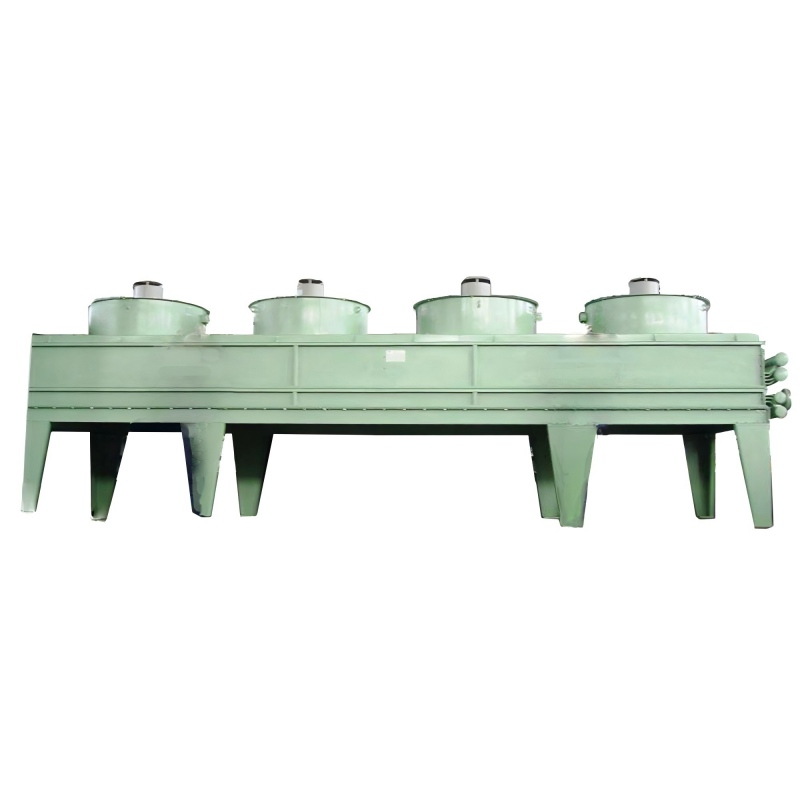
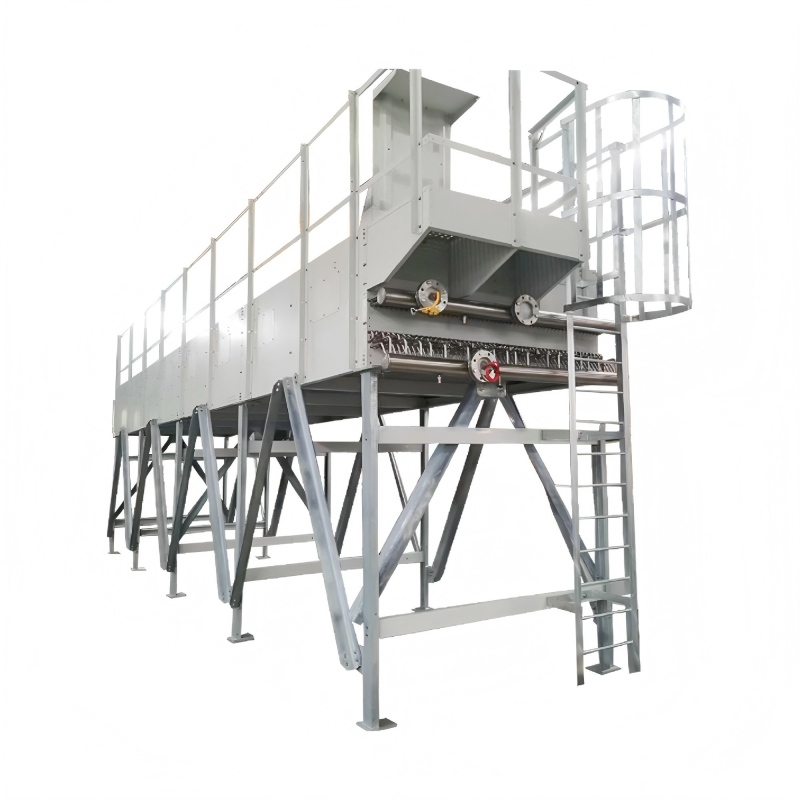
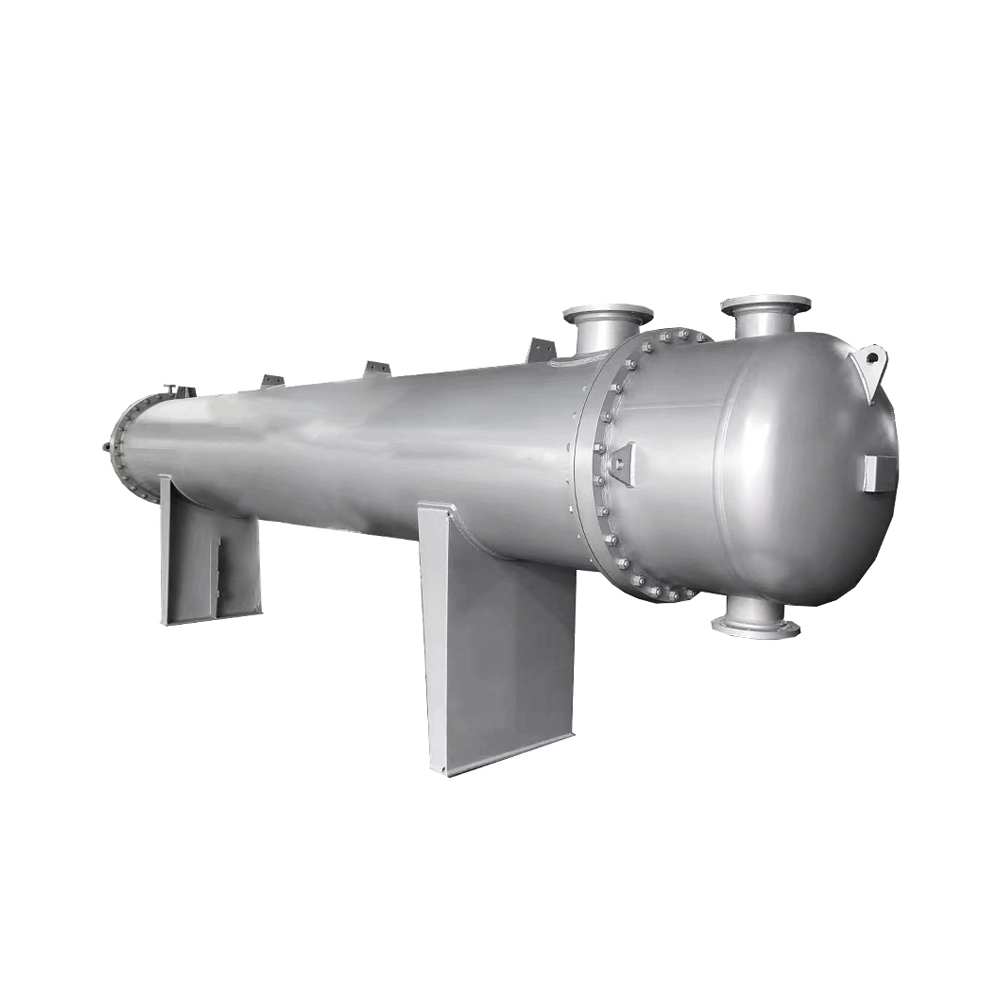
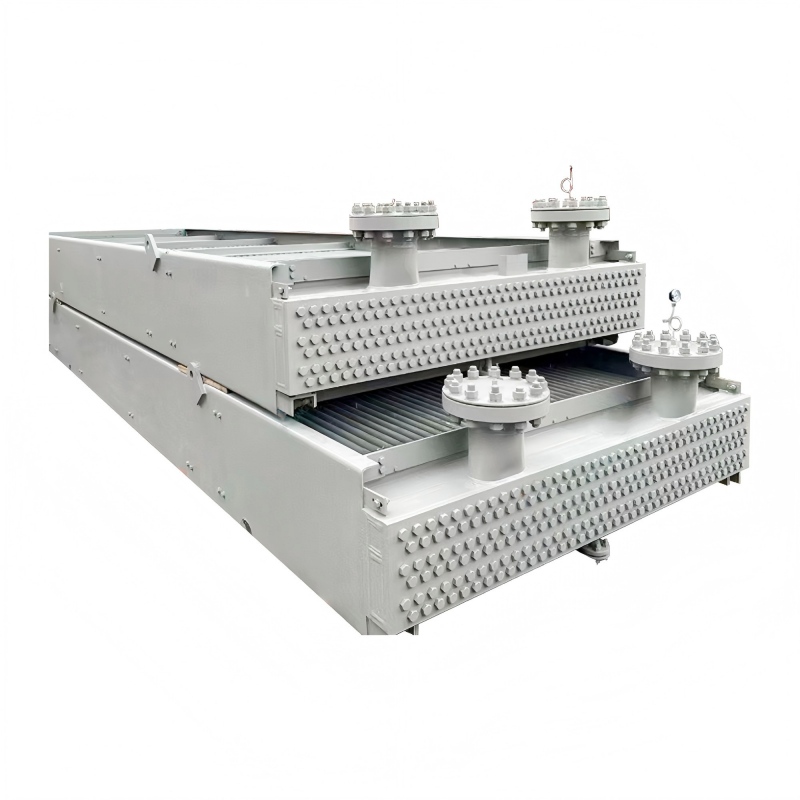
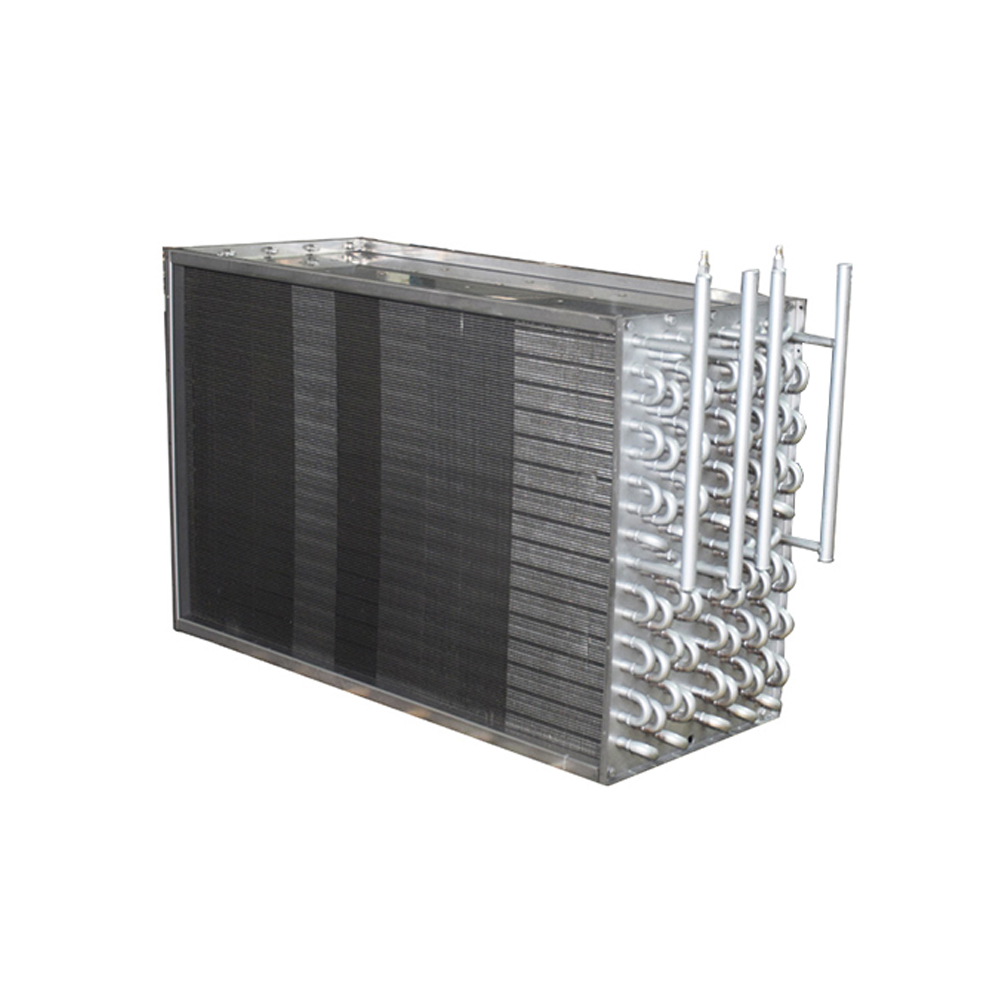
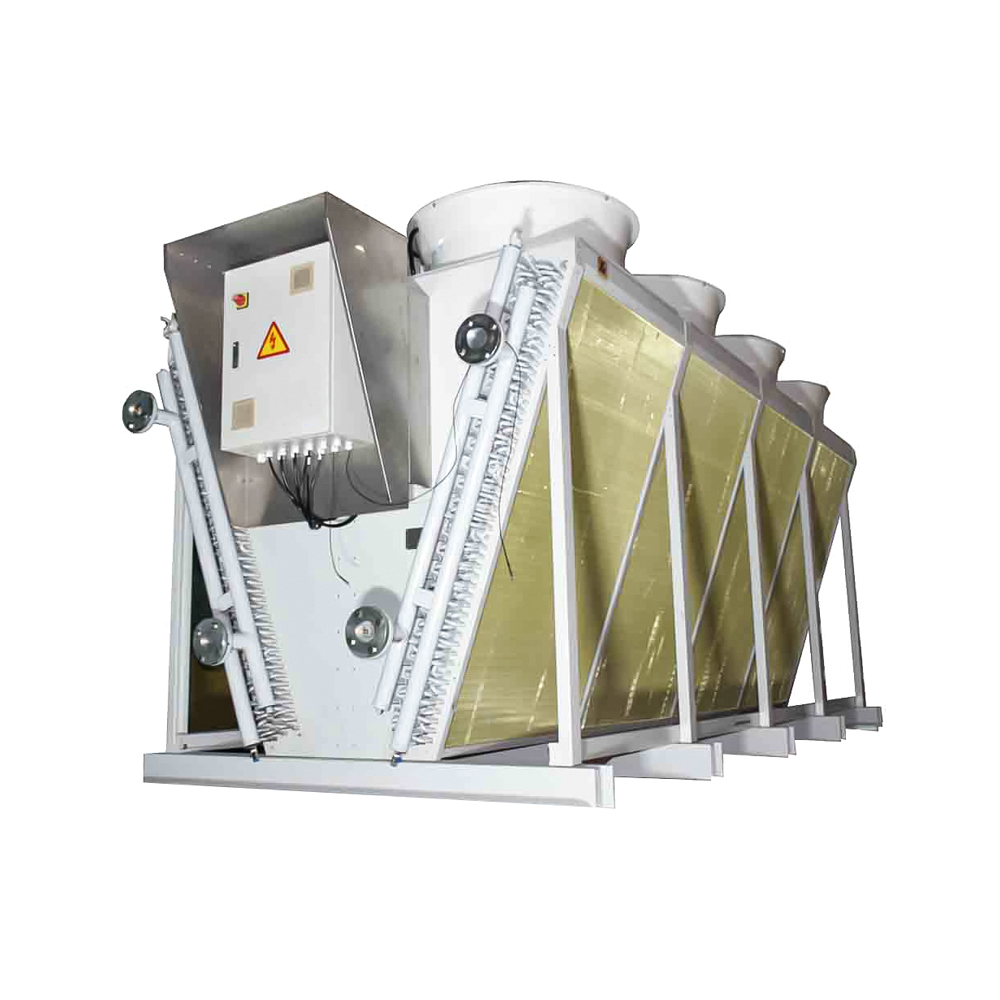
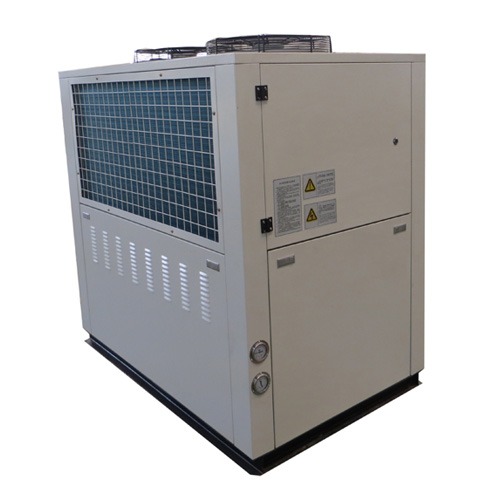
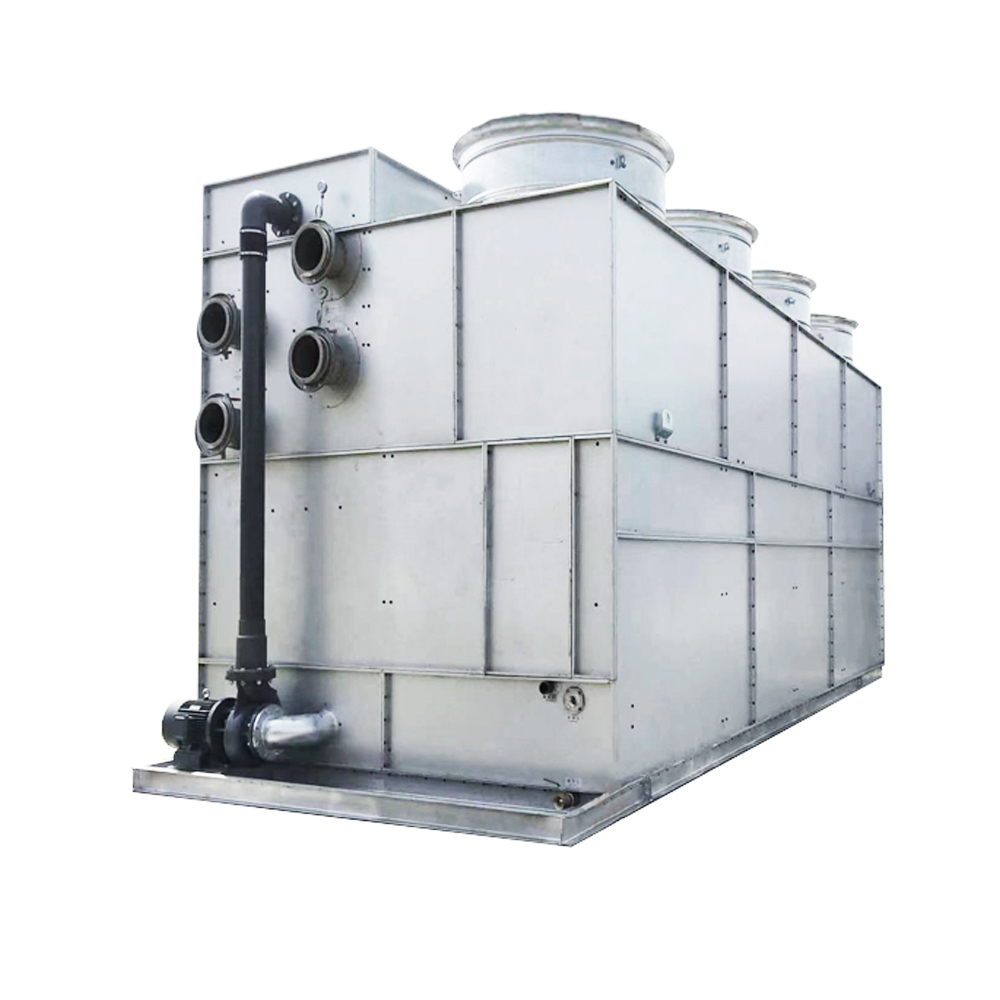

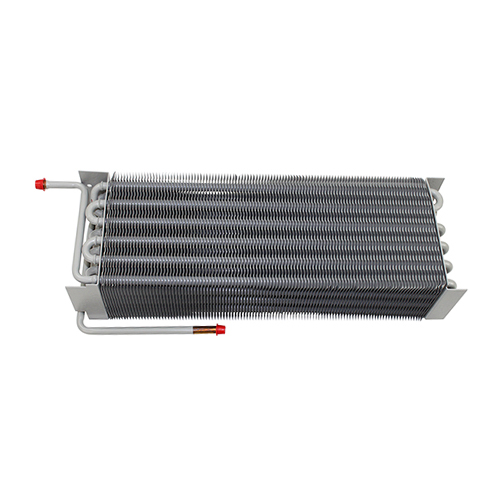
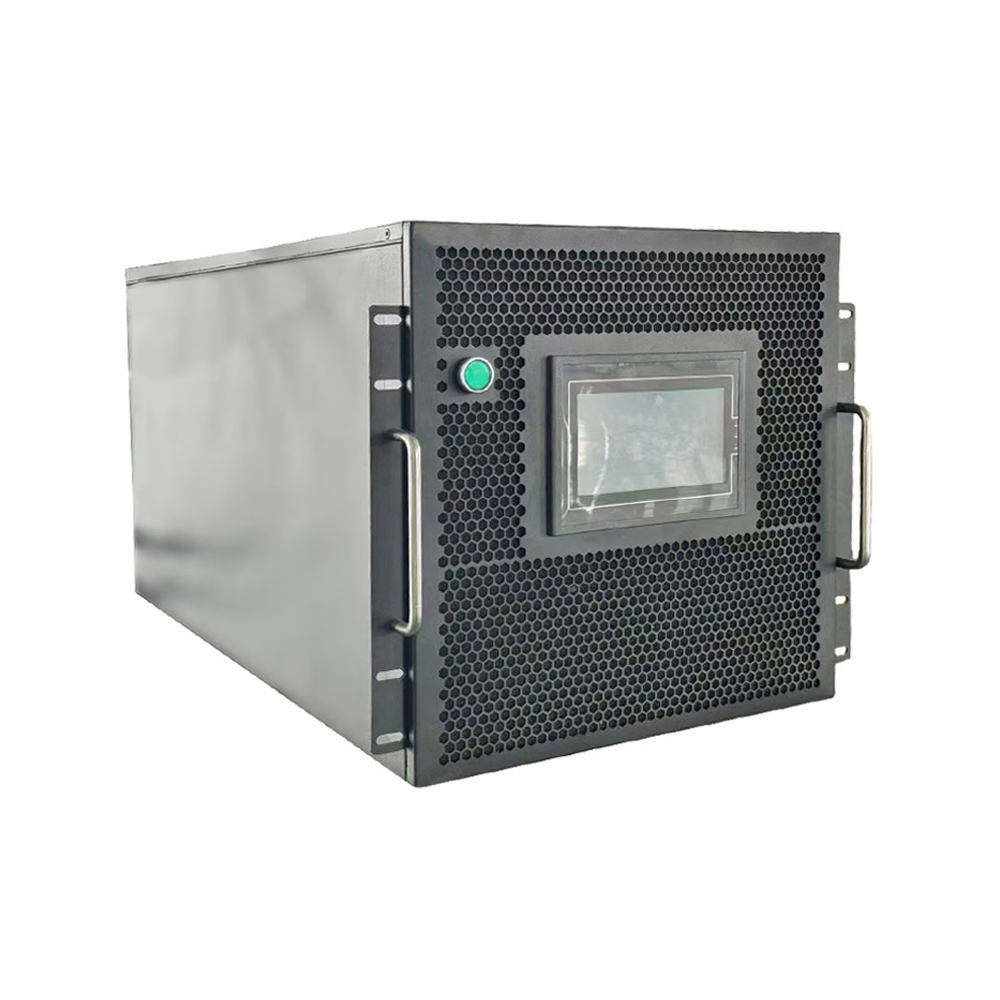
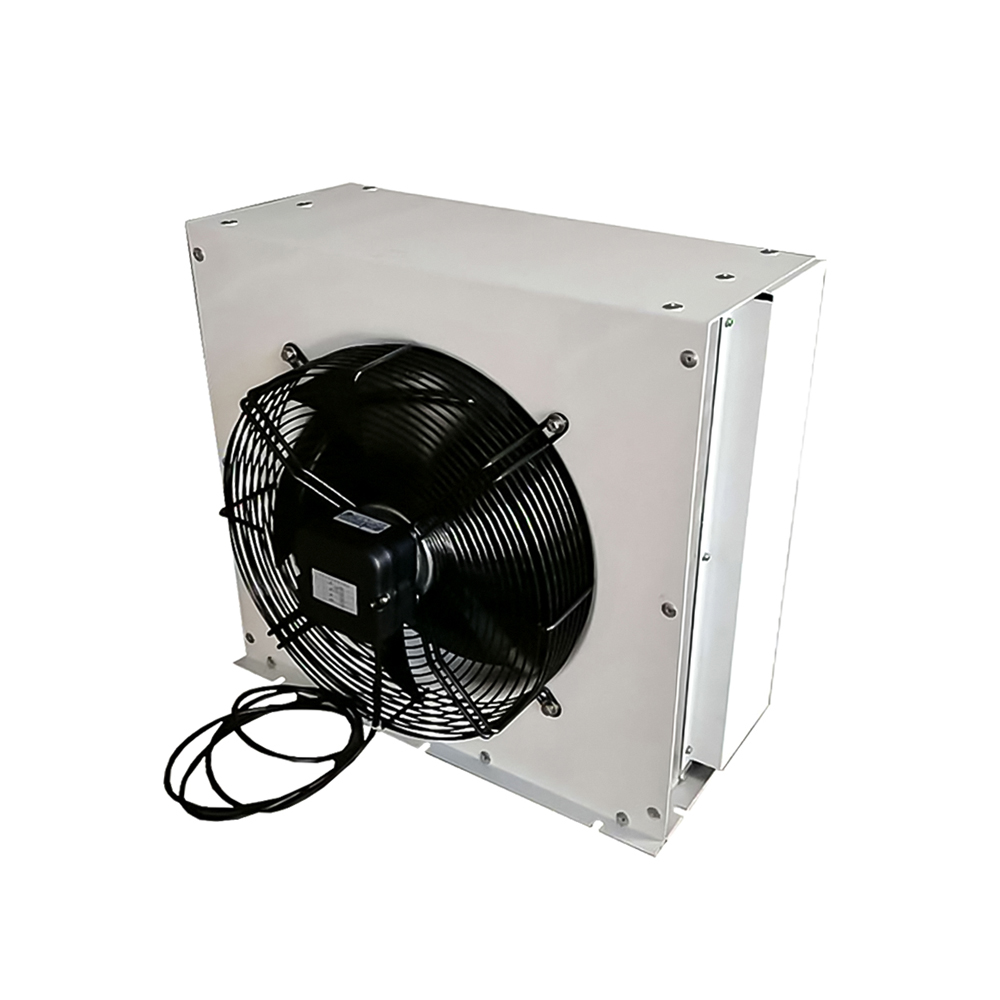
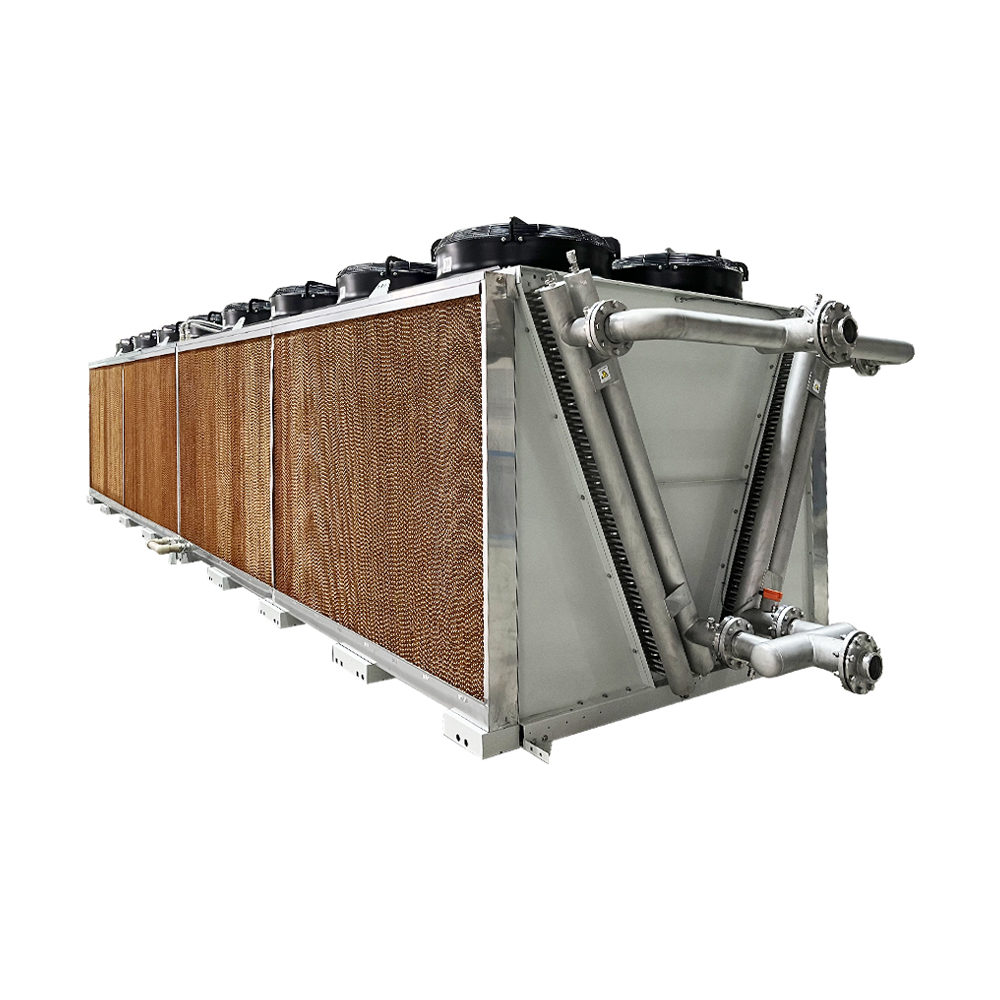
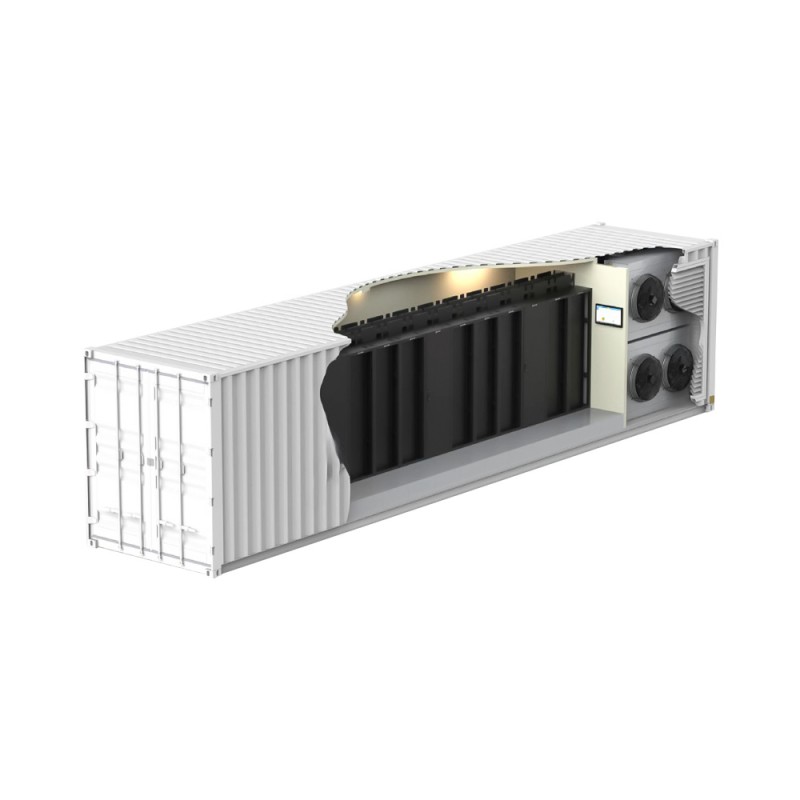
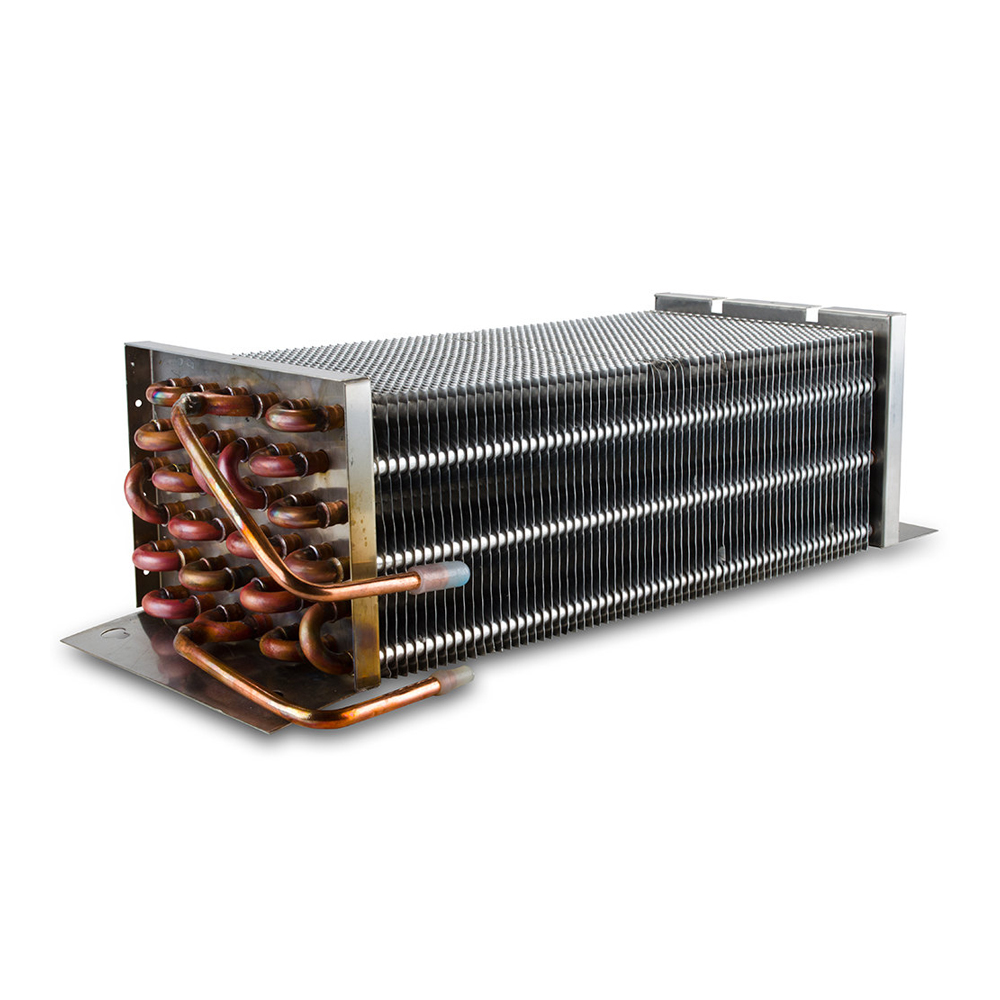
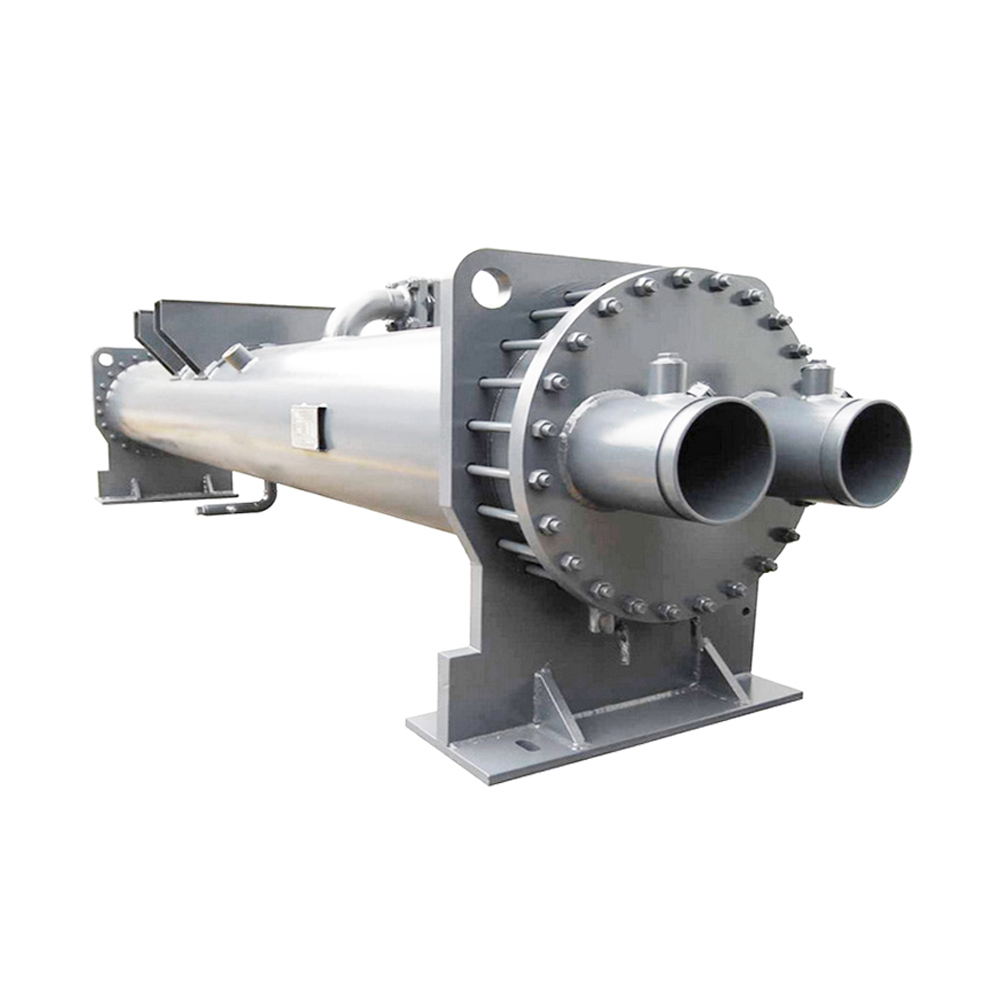
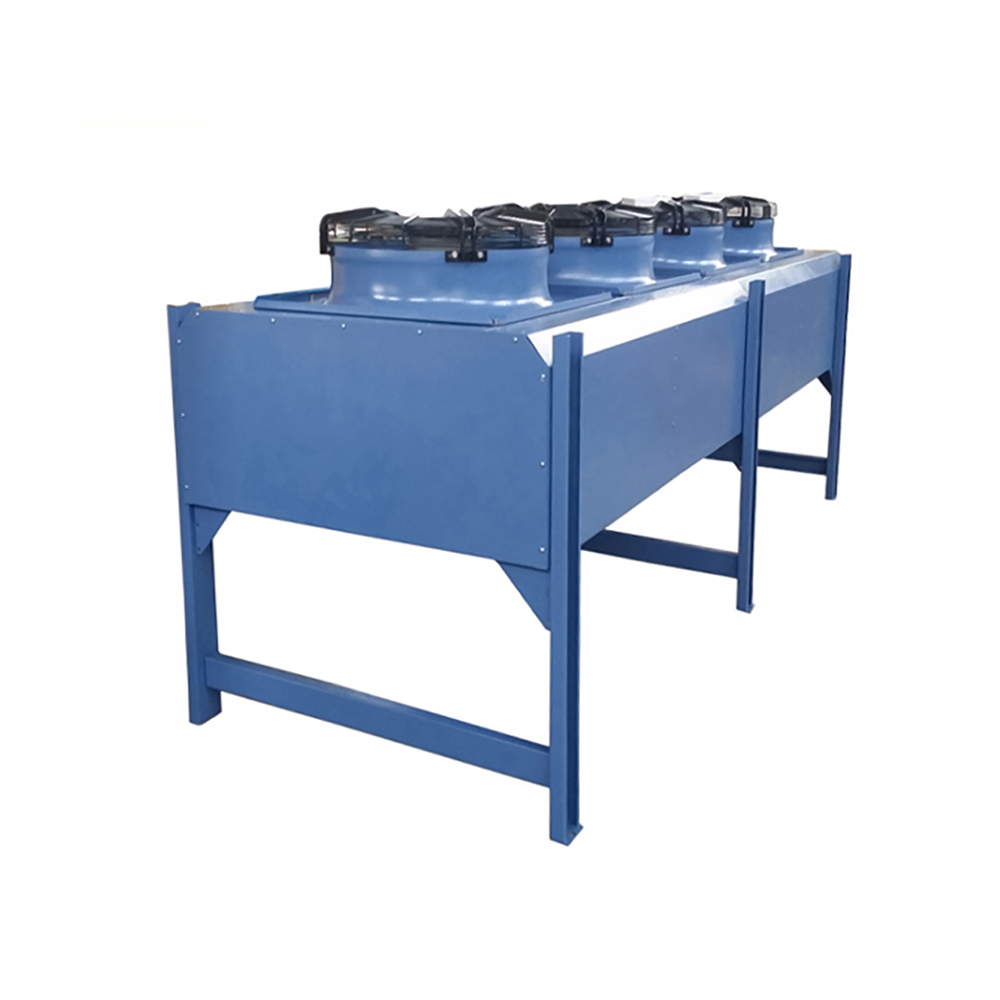
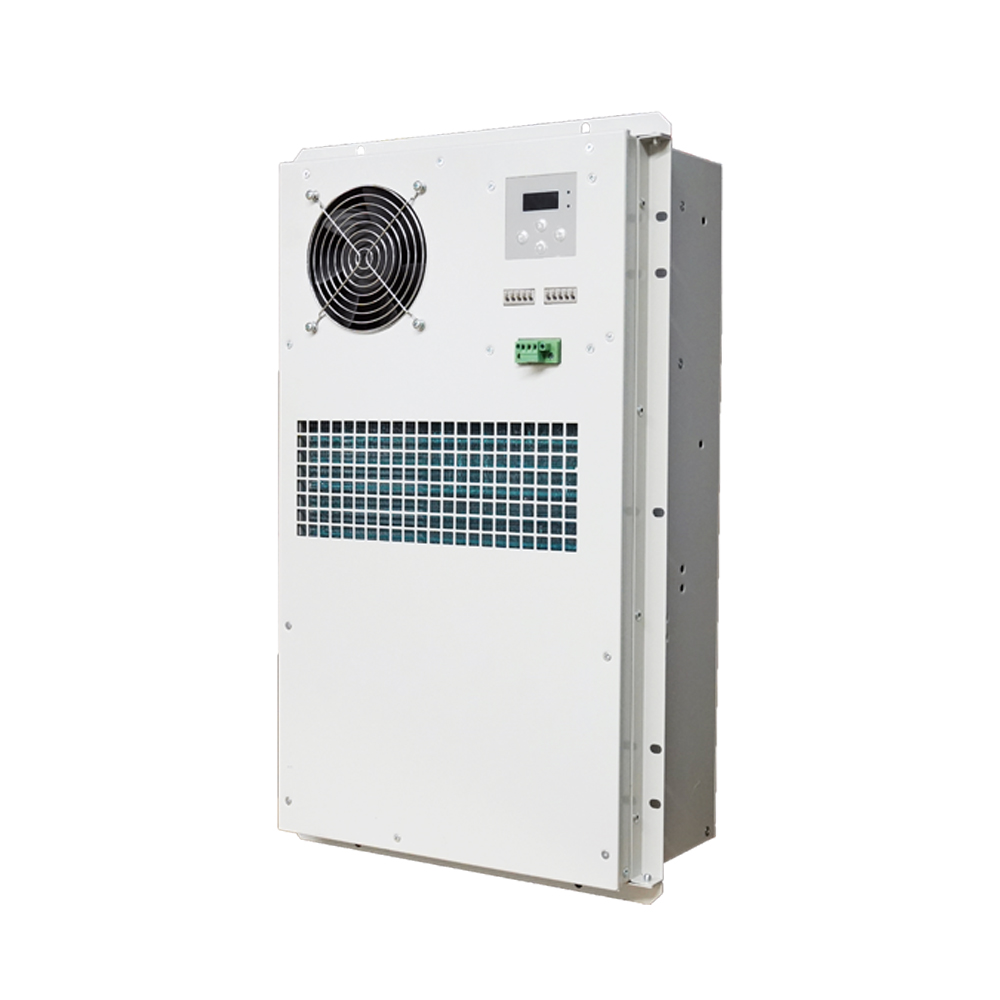
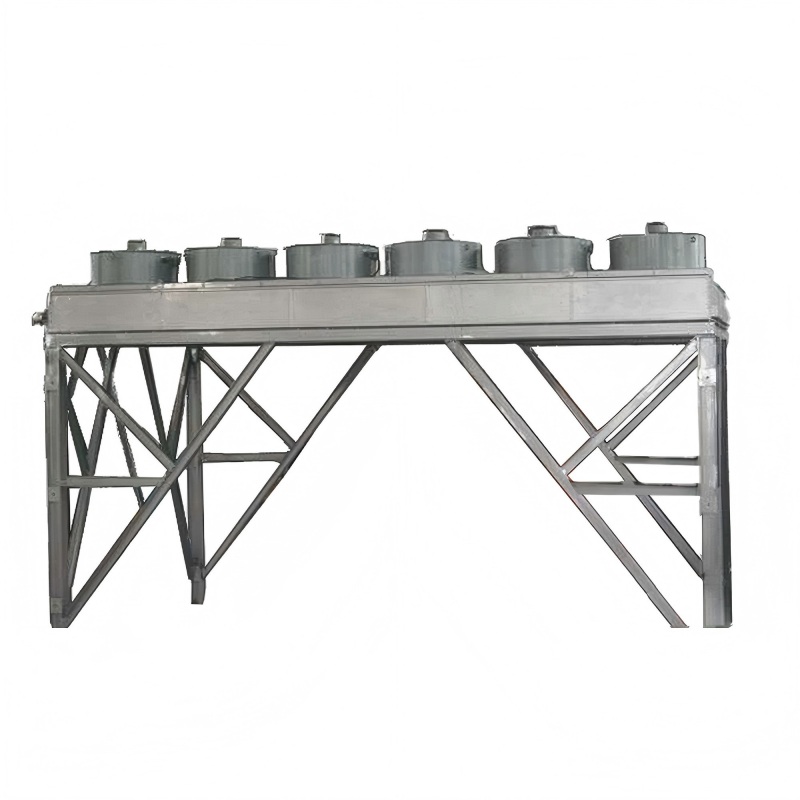
.jpg)
